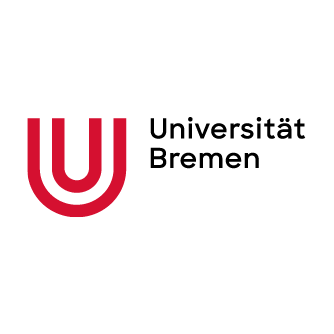
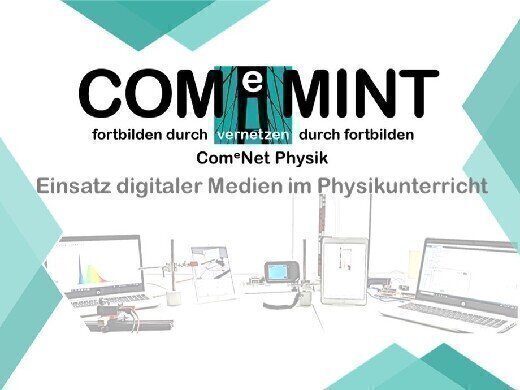

Use of digital media in physics lessons
Paderborn University, University of Cologne, University of Innsbruck, University of Tübingen, University of Bremen
Josef Riese, André Bresges, Jan-Philipp Burde, Kasim Costan, Rike Gieshoff, Jannik Henze, Simon Höfting, Christoph Kulgemeyer, Armin Lässer, Katja Plicht, Thomas Schubatzky, Sascha Therolf, David Weiler
Sobre
Informações gerais do curso
This MOOC on using digital media in the physics classroom offers a comprehensive learning experience. You'll find short videos on key topics, in-depth assignments, opportunities for discussion and exchange in the forum, and quizzes that you can complete anytime, anywhere. The course is designed for both current and future physics teachers. It is modular in structure, allowing you to complete it in full or focus on specific sections based on your prior knowledge and interests.
Conteúdo
Conteúdo do curso
In addition to the
introductory unit on the use of digital media in physics lessons, you can
explore various units on specific digital tools that are essential in the
physics classroom, based on your needs. The course offers units on the
following digital media and topics:
(a) simulations and animations,
b) explanatory videos,
c) digital data acquisition,
d) video analysis,
e) smartphones in physics lessons,
f) microcontrollers,
g) interactive screen experiments (ISE),
h) augmented reality (AR),
i) mathematical modelling,
j) 3D-Printing and
k) Artificial Intelligence (AI) in physics lessons.
In addition to the basic modules
on the mentioned topics, some units also offer in-depth modules that cover more
complex, application-oriented examples and content. Each unit lasts
approximately 30 to 45 minutes.
At the start of the course, you can opt to take
a voluntary assessment, which will provide personalised recommendations for
selecting the most relevant units.
Objetivos do curso
By the end of this course, you should ...
- be able to competently handle different digital media specific to physics lessons
- be able to evaluate the application of different digital media in physics lessons, considering both their advantages and disadvantages, as well as insights from physics education research
- be able to plan and implement effective learning scenarios using different digital media and taking into account findings from physics education research
Conhecimento prévio
No specific prior knowledge is required.
Procedimento do curso
The course starts on September 1st, 2025. It is possible to individually tailor the course to your specific needs. At the start of the course, you have the option to complete a voluntary initial assessment, which will provide personalised recommendations for selecting the most relevant units.
Certificado
For actively participating in the course you will receive an automatic certificate which includes your username, the course name as well as the completed lessons. We want to point out that this certificate merely confirms that the user answered at least 75% of the self-assessment questions correctly.
Licença
This work is licensed under CC BY-SA 4.0.
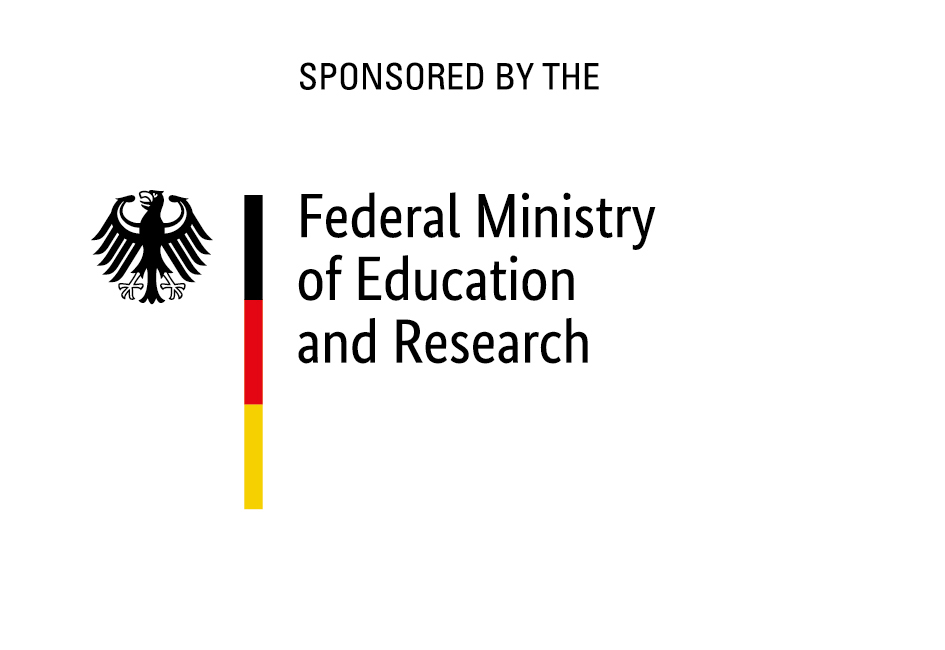
Funded by the European Union - NextGenerationEU and supported by the German Federal Ministry of Education and Research. The views and opinions expressed are solely those of the author and do not necessarily reflect the views of the European Union, European Commission or the Federal Ministry of Education and Research. Neither the European Union, the European Commission nor the Federal Ministry of Education and Research can be held responsible for them.
Instrutor do curso
Josef Riese, André Bresges, Jan-Philipp Burde, Kasim Costan, Rike Gieshoff, Jannik Henze, Simon Höfting, Christoph Kulgemeyer, Armin Lässer, Katja Plicht, Thomas Schubatzky, Sascha Therolf, David Weiler
The ComeNet Physics (Community Network) is part of the joint
project ComeMINT-Netzwerk.
The ComeNet Physics has developed a concept
for professional development (PD) courses on the effective and meaningful use
of digital media in physics lessons. This MOOC is an essential part of this PD
concept.
Course instructors of the ComeNet Physics are:
Josef Riese
Professor of Physics Education at the University of PaderbornAndré Bresges
Professor of Physics Education at the University of CologneJan-Philipp Burde
Professor of Physics Education at the University of TübingenKasim Costan
Research assistant and doctoral candidate at the University of BremenRike Gieshoff
Former Research assistant at the University of PaderbornJannik Henze
Research assistant and doctoral candidate at the University of CologneSimon Höfting
Research assistant at the University of CologneChristoph Kulgemeyer
Professor of Physics Education at the University of BremenArmin Lässer
University assistant and doctoral candidate at the University of InnsbruckKatja Plicht
Research assistant and PostDoc at the University of PaderbornThomas Schubatzky
Assistant Professor of Physics Education at the University of InnsbruckSascha Therolf
Former Research assistant and doctoral candidate at the University of CologneDavid Weiler
Research assistant at the University of Paderborn and doctoral candidate at the University of TübingenFurther information on ComeNet Physics in the joint project ComeMINT-Netzwerk can be found here.
Iniciar sessão e inscrever-se O curso inicia em 1 de setembro de 2025. Atualmente: 9 Participantes
Gratuito para todos € 0.00
Parceiros
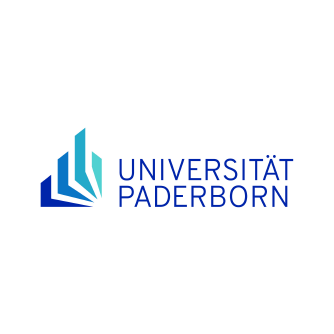
Paderborn University
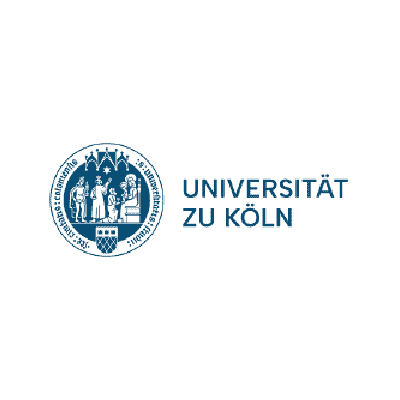
University of Cologne
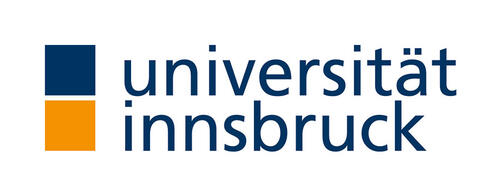
University of Innsbruck
Innsbruck
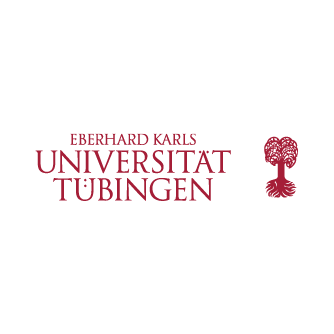
University of Tübingen
